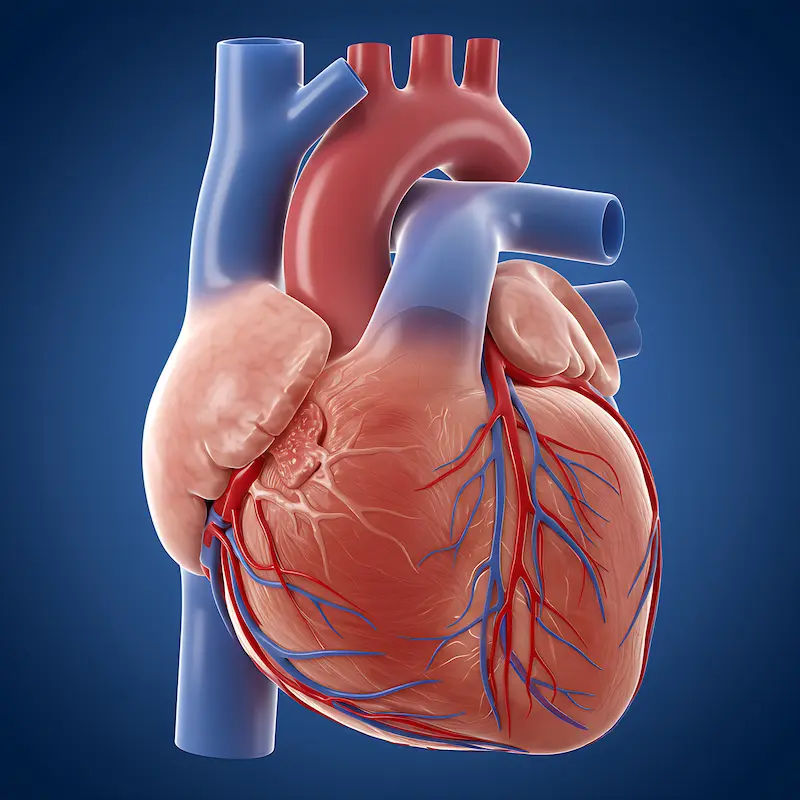- male
- 45 Years
- 20/02/2025
I've been noticing that my blood pressure seems to jump around quite a bit. Sometimes it's around 11575, other times it gets up to 12684, and the highest I've seen is 160101. I'm not on any medications for it right now. Is it normal for blood pressure to fluctuate like this, and what might be causing these changes?
Answered by 1 Apollo Doctors
Fluctuating blood pressure, ranging from 11575 to as high as 160101, can be influenced by factors such as stress, diet, physical activity, and underlying medical conditions. To manage this, adopt a heart-healthy diet, reduce salt intake, engage in regular physical activity, manage stress, and avoid excessive alcohol and caffeine. Regularly monitor your blood pressure, noting any patterns or triggers, and keep a log of your readings. Consult your healthcare provider to rule out underlying conditions and determine if medication is necessary. Discuss these fluctuations with your doctor to develop an appropriate management plan.
Dr. Anshul Suggests...
Consult a Cardiologist
Answered 04/07/2025
0
0

More Cardiology Health Queries
View allI'm doing exercise six days a week and I've noticed my heart rate is a bit high sometimes. There are moments when my heart feels chilly, and occasionally, after eating, it feels like there's a burning sensation. Should I be worried about these symptoms or is this normal?
It sounds like you may be experiencing symptoms of heartburn and possibly some irregular heartbeats. For heartburn, you can try taking an antacid like Tums (calcium carbonate) 500mg as needed after meals. If the symptoms persist, you can also consider taking an H2 blocker like Zantac (ranitidine) 150mg twice daily. For irregular heartbeats, it's important to monitor your heart rate and rhythm. If you continue to experience high heart rate, you may need to consult a cardiologist for further evaluation.
Answered by 1 Apollo Doctors
Is there any way to reverse LVDD grade 2 with an MV EA ratio of 1.03 and mild LVH? What kind of steps or treatments could help improve this condition?
To help reverse left ventricular diastolic dysfunction (LVDD) grade 2 and mild left ventricular hypertrophy (LVH), it is important to focus on lifestyle modifications and medications as per your doctor's recommendation. Some common approaches include: - ACE inhibitors like Lisinopril 10mg once daily - Beta-blockers like Metoprolol 25mg once daily - Diuretics like Furosemide 40mg once daily - Lifestyle changes such as regular exercise, a heart-healthy diet low in sodium and saturated fats, maintaining a healthy weight, and avoiding smoking and excessive alcohol consumption. These interventions can help improve heart function and potentially reverse LVDD and LVH. Regular follow-up with your healthcare provider is essential to monitor progress and adjust treatment as needed.
Answered by 1 Apollo Doctors
I've been using meth for 18 years and I'm about to get a pacemaker. I'm really worried about whether I can continue using meth after I have the pacemaker implanted. What are my chances of living a normal life, and what are the worst complications I could face?
Continuing meth use after getting a pacemaker is dangerous and can increase the risk of severe heart complications, including heart failure, cardiac arrest, and stroke. The best course of action is to quit using meth, work with your healthcare provider, and focus on rehabilitation and healthy lifestyle changes to support your heart health.
Answered by 1 Apollo Doctors
Disclaimer: Answers on Apollo 247 are not intended to replace your doctor advice. Always seek help of a professional doctor in case of an medical emergency or ailment.





